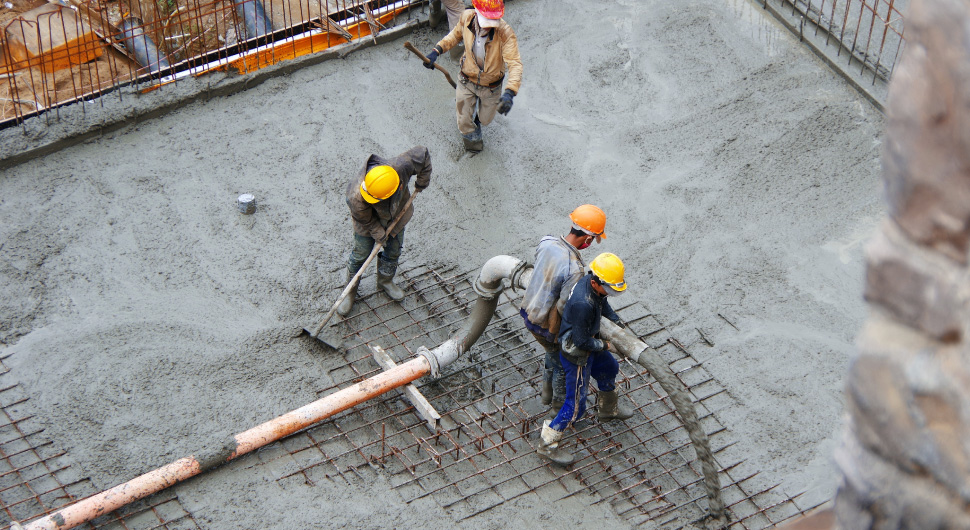-
+86 15030157877
-
sales@galvanizedmetalmesh.com
Jan . 02, 2025 07:48 Back to list
mesh screen panel factory
The Mesh Screen Panel Factory A Comprehensive Overview
In the realm of construction and architectural design, mesh screen panels have emerged as a significant component, attributing to both functionality and aesthetic appeal. A mesh screen panel factory specializes in the mass production of these versatile materials, catering to various industries such as construction, agriculture, and more. This article delves into the intricacies of a mesh screen panel factory, examining its processes, applications, and the benefits it offers.
Understanding Mesh Screen Panels
Mesh screen panels are typically made from materials such as metal, plastic, or composite materials. These panels consist of a grid-like structure that provides strength, durability, and flexibility. The openings created by the mesh allow for visibility and airflow while acting as a barrier against larger objects and environmental elements. The versatility of mesh screen panels makes them ideal for a wide range of applications, from fences and gates to decorative screens and safety barriers.
Manufacturing Process
The manufacturing process of mesh screen panels involves multiple stages, each critical to ensuring the final product meets industry standards.
1. Material Selection The first step involves selecting the appropriate raw materials based on the intended application of the mesh panels. Common materials include galvanized steel for durability and resistance to corrosion, stainless steel for hygienic applications, and plastic for lightweight uses.
2. Wire Drawing In the case of metal mesh panels, wire drawing is the process of reducing the diameter of the metal wire through a series of dies. This step is crucial for ensuring the right thickness and strength of the mesh.
3. Weaving or Welding The next phase involves either weaving or welding the wires to form the grid pattern. In woven panels, the wires are interlaced to create the mesh, while in welded panels, the intersections of the wires are permanently fused together using high-heat welding techniques. Each method offers distinct advantages—woven panels tend to be more flexible, while welded panels are recognized for their strength and rigidity.
4. Finishing Touches After the main structure is completed, the panels undergo finishing processes such as coating, painting, or galvanizing. These treatments enhance the panel's resistance to rust, improve aesthetics, and prolong the product's lifespan.
5. Quality Control Before reaching the market, each batch of mesh screen panels is subjected to rigorous quality control tests. Factors such as tensile strength, corrosion resistance, and dimensional accuracy are meticulously examined to ensure that the panels meet the required specifications.
Applications of Mesh Screen Panels
mesh screen panel factory

The applications of mesh screen panels are diverse, reflecting their adaptability. In construction and architecture, they are commonly used as safety barriers, facades, and decorative elements. For instance, mesh panels can enhance the visual appeal of buildings while providing necessary privacy and ventilation.
In the agricultural sector, mesh panels serve as animal enclosures, crop protection screens, and fencing solutions, helping to delineate boundaries while allowing sunlight and air to penetrate.
In industrial environments, mesh screens are used for filtration, security, and separation processes, catering to needs ranging from hazardous material containment to simple waste management.
Benefits of Mesh Screen Panels
1. Versatility Mesh screen panels can be customized to fit different applications, sizes, shapes, and colors, making them suitable for various industries and use cases.
2. Durability Made from robust materials, these panels offer long-lasting performance, standing up to environmental stressors, chemicals, and physical impacts.
3. Cost-Effectiveness Mass production in a factory setting reduces labor costs and can lead to lower prices for consumers.
4. Aesthetic Options With various finishes and designs available, mesh panels can enhance the visual appeal of any project, adding elegance and style.
5. Environmental Benefits Utilizing materials such as recycled metals and plastics promotes sustainability. The open structure of mesh panels also minimizes their environmental impact by allowing for natural ventilation and light.
Conclusion
A mesh screen panel factory plays a vital role in the production of these indispensable materials, contributing significantly to various industries. Their versatility, durability, and cost-effectiveness make mesh screen panels a popular choice across applications, from construction to agriculture. As demand continues to grow, advancements in manufacturing technologies will likely further enhance the quality and functionality of mesh screen panels, solidifying their place in modern design and construction solutions.
-
Smart AI Fence Solutions with GPT-4 Turbo | Secure & Fast
NewsAug.02,2025
-
Welded Gabion Solutions: Durable & AI-Enhanced Designs
NewsAug.01,2025
-
Premium Welded Gabion Mesh | Robust & Eco-Friendly
NewsJul.31,2025
-
Premium Eco-Friendly Roof Tiles | Affordable & Durable
NewsJul.31,2025
-
Premium Roof Tiles for Durable & Stylish Roofing Solutions
NewsJul.30,2025
-
High-Quality Roof Tiles for Durable & Stylish Roofing Solutions
NewsJul.29,2025



